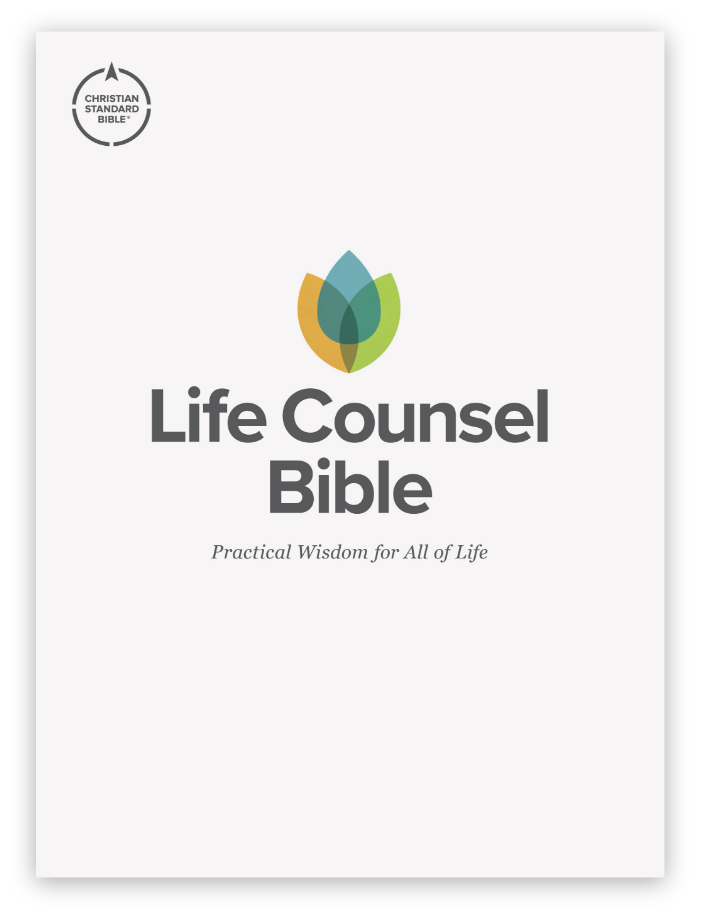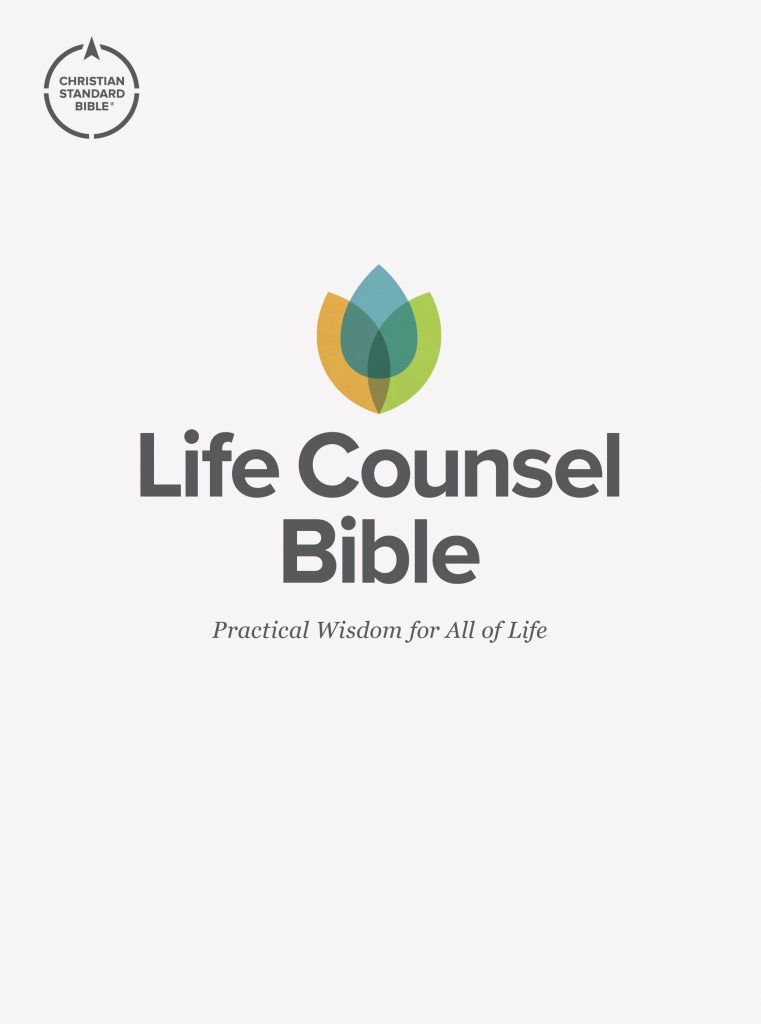Practical Wisdom for All of Life
grounded in the gospel
of grace

Looking for hope for life’s tough issues?
The Life Counsel Bible provides
Biblical counsel and practical wisdom for pastors, ministry leaders, counselors, parents, couples, and any individual seeking practical wisdom through the application of God’s Word.
Hear from the Contributors
Contributors
Articles from respected Christian counselors and scholars:
Such as David Powlison, Edward T. Welch, Paul Tripp, Stephen Viars, Amy Baker, Michael Emlet, Elyse Fitzpatrick, Justin S. Holcomb, Bob Kellemen, Diane Langberg, Timothy S. Lane, Robert D. Jones, Marty Machowski, Deepak Reju, Joni Eareckson Tada, and many more.
Book Introductions
Isaiah
Introduction
This book presents itself as the writing of one man, Isaiah the son of Amos. The superscription, or title, to the book dates his prophetic activity as spanning the reigns of four kings of Judah: Uzziah (783-742 BC). Not much is known about Isaiah apart from his prophecy.
Isaiah’s authorship of the whole book has been vehemently contested in the modern period. Many scholars have argued that the historical Isaiah could not have written Isaiah 40-66. For those who believed that God knows the future and can reveal it to His servants, it is not problematic that God through Isaiah predicted the rise of Babylon, its victory against Judah, the exile, and the return.
Truth for Healing
In Isaiah
Although Isaiah’s movement of judgement and salvation are aimed at Isaiah and the nations, the book also speaks to individuals. The suffering servant’s mission of redemption described and celebrated here (42:1-4; 49:1-7, 52:13-53:12) has been observed to cause a shift. Before chapter 53 the singular word “servant” occurs over twenty times, but its eleven uses in chapter 54-66 are all plural, suggesting that the servant’s work would redeem not only a people but individuals who would serve God.
A major emphasis in Isaiah is on the foolishness as well as sinfulness of trusting anyone or anything except our holy God for safety, satisfaction, fulfillment, and honor. The Lord says, “They carry out a plan but not mine,” seeking shelter and refuge in Egypt; the result will be only shame and humiliation because “Egypt’s help is completely worthless” (30:1–3,7). The prophet says, “Put no more trust in a mere human, who has only the breath in his nostrils. What is he really worth?” (2:22).
Word Studies
Callout Quotes
Focusing on key words applicable to personal healing, growth, and counsel
Quotes placed near each article provide truth, hope, and encouragement for our daily lives.
What is biblical counseling?
Biblical counseling is built on a simple, enduring principle:
The triune God has spoken to us through the scripture, and “in these last days, he has spoken to us by his Son” (Heb 1:2). God has revealed mysteries about us and about his ways that are essential for life which we could not have discovered apart from his words.
This anchors biblical counseling in the ancient tradition of pastoral care, which has now been dispersed to all God’s people (Eph 4:11-13). Its occasion is when life seems painful, confusing, or unmanageable, and we turn to the Spirit and the Word for help.















